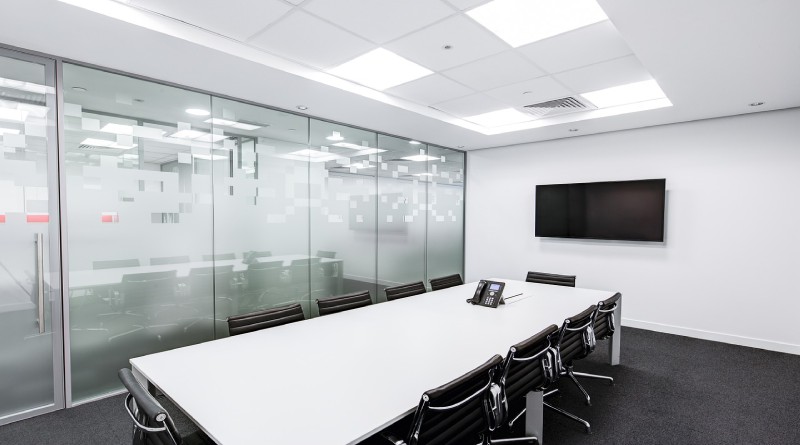Conference rooms are the gold standard for many companies. It’s where the magic happens, with employees collaborating and brainstorming ideas together. With so many people working remotely now, a meeting room well-equipped for video conferencing is how face-to-face interactions occur.
The old days of pen-and-paper booking systems have gone the way of PalmPilots and other PDAs. Many companies switched to online calendars but ran into the issue of rooms getting overbooked, leading to workplace tensions.
A meeting room booking system allows rooms to book in advance and implements technology to prevent overbooking.
Table of Contents
ToggleMeeting Rooms Are Often a Cause of Workplace Disagreements
Statistics show that meeting rooms are empty more than half the time. But still, during peak hours, employees can have difficulty finding a free time slot to use the meeting room. Accordingly, employees then waste a portion of the workday looking for a place to conduct their meetings.
Overbooked meeting rooms can leave employees and visitors stranded in the hallway for umpteen minutes. That is not a professional look any office wants to display. Not to mention, the meeting in the conference room rushed to finish, putting everyone on edge.
A fair, diplomatic meeting room system eases tension amongst co-workers and promotes a professional image for the company.
Also Read: Best Proven Growth Hacking Strategies for Your Business
4 Policies That Makes Meeting Room Usage Fair for Everyone
In one way, making another policy that employees have to adhere to can make them feel restricted. However, a fair usage policy is essential for giving reasonable access to meeting rooms for all employees, not just the same few.
Here are 4 ways to promote fair meeting room usage.
1. Meeting room bookings are on a first-come, first-serve basis
Making meeting rooms available on a first-come basis promotes productivity. It prevents employees from waiting until the last minute to book the space, encouraging them to plan.
To ensure that one employee doesn’t book all the available spots in advance, restrict bookings to two or three weeks ahead of time, no earlier.
2. Place limitations on booking frequencies
During peak hours, the room can only be booked twice in two weeks by the same person/group. Exceptions can made for projects that expected to take longer than two weeks, provided the employee has prior approval from their superiors.
3. Allow long booking times during off-peak hours
The leading cause of tension for reserving meeting rooms is that everyone wants to use it during the same hours. Allowing longer booking times for off-peak hours encourages employees to spread out the hours the place is in use. Remember, meeting rooms are statistically empty 75% of the time.
4. Rooms must use for the purpose listed in the booking system
When employees are requesting the meeting room, the purpose of the usage should include in the booking system. If it’s discovered that the room isn’t used for the purpose listed, the employee who booked it can lose booking privileges for a certain amount of time.
It’s unfair for the other employees who need the room if others are using it for chit-chat sessions and such.
Also Read: What’s more Important than your Business Card?
Get the Most Out of Your Meeting Room
Many companies consider the meeting room the epicenter of the workplace. It’s where the best ideas are known to happen. As a result, the meeting rooms often decked out with the best technology, which makes it a much sought-after room. However, one or two employees booking all of the meeting room availability can harbor resentment and tension among the workforce. Implementing meeting room policies can help curb unnecessary use of the meeting room.
Related posts
Hot Topics
How MLOps Is Shaping the Future of AI in Business
Artificial intelligence (AI) has evolved from a futuristic idea to a strategic necessity for companies looking to innovate, grow, and…
FlickReels App: Pros, Cons, and How It Stands Out in 2025
The Evolution of Short Drama Streaming Short drama content has grown significantly in recent years as viewers look for engaging…



